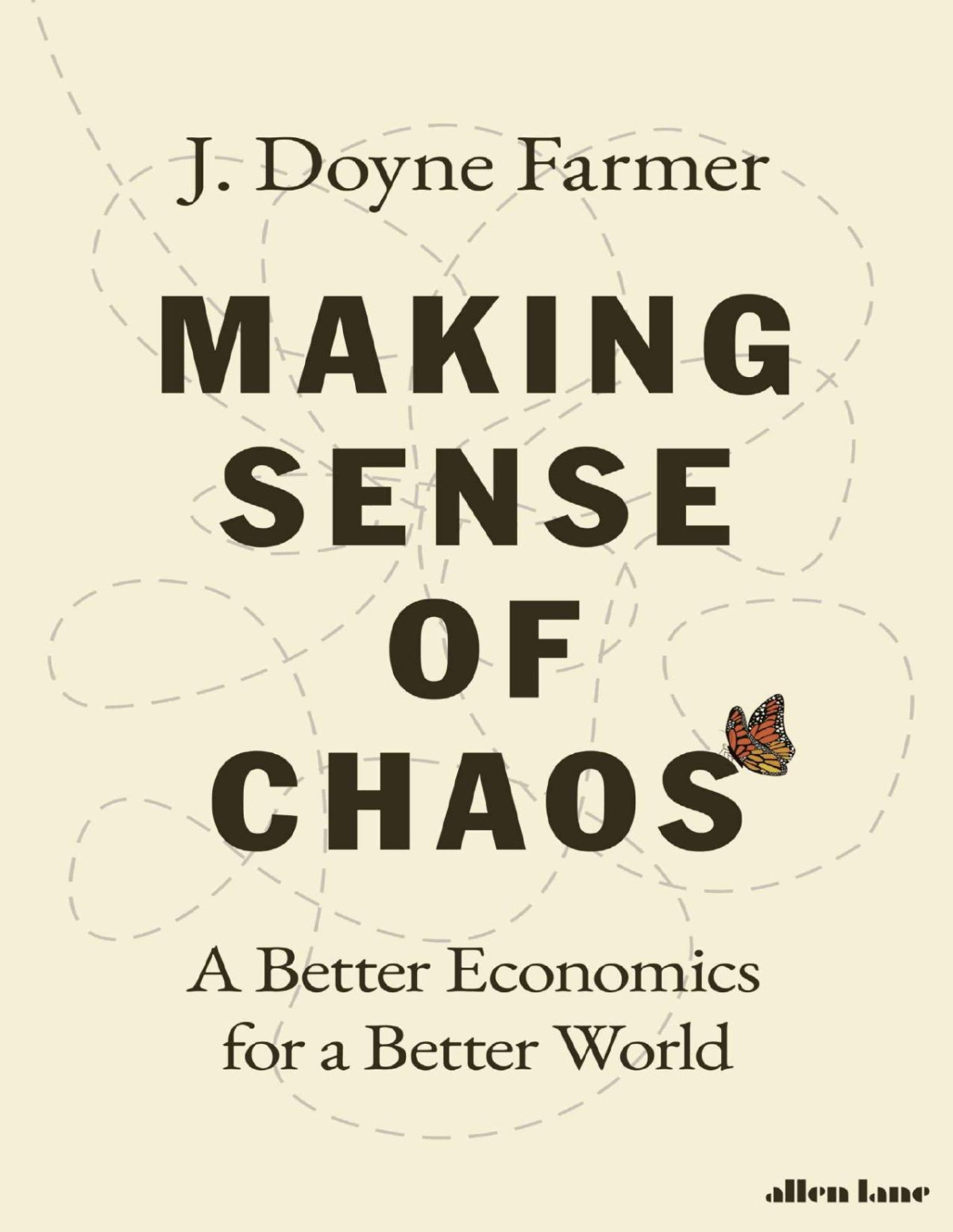

Most ebook files are in PDF format, so you can easily read them using various software such as Foxit Reader or directly on the Google Chrome browser.
Some ebook files are released by publishers in other formats such as .awz, .mobi, .epub, .fb2, etc. You may need to install specific software to read these formats on mobile/PC, such as Calibre.
Please read the tutorial at this link: https://ebookbell.com/faq
We offer FREE conversion to the popular formats you request; however, this may take some time. Therefore, right after payment, please email us, and we will try to provide the service as quickly as possible.
For some exceptional file formats or broken links (if any), please refrain from opening any disputes. Instead, email us first, and we will try to assist within a maximum of 6 hours.
EbookBell Team

0.0
0 reviews‘Doyne Farmer is the world's leading thinker on technological change. For decades he has focused on the question of how we can make sense of the data of today to see where the world is going tomorrow. This wonderful book applies these insights to economics, addressing the big global issues of environmental sustainability, and the well-being and prosperity of people around the world’ Max Roser, Founder of Our World in DataWe live in an age of increasing complexity, where accelerating technology and global interconnection hold more promise – and more peril – than any other time in human history. As well as financial crises, issues around climate change, automation, growing inequality and polarization are all rooted in the economy, yet standard economic predictions fail us.
Many books have been written about Doyne Farmer and his pioneering work in chaos and complexity theory. Making Sense of Chaos is the first in his own words, presenting a manifesto for doing economics better. In a tale of science and ideas, Farmer fuses his profound knowledge with stories from his life to explain how to harness a scientific revolution to address the economic conundrums facing society.
Using big data and ever more powerful computers, we can for the first time apply complex systems science to economic activity, building realistic models of the global economy. The resulting simulations and the emergent behaviour we observe form the cornerstone of complexity economics. This new science, Farmer shows, will allow us to test ideas and make significantly better economic predictions – and, ultimately, create a better world.